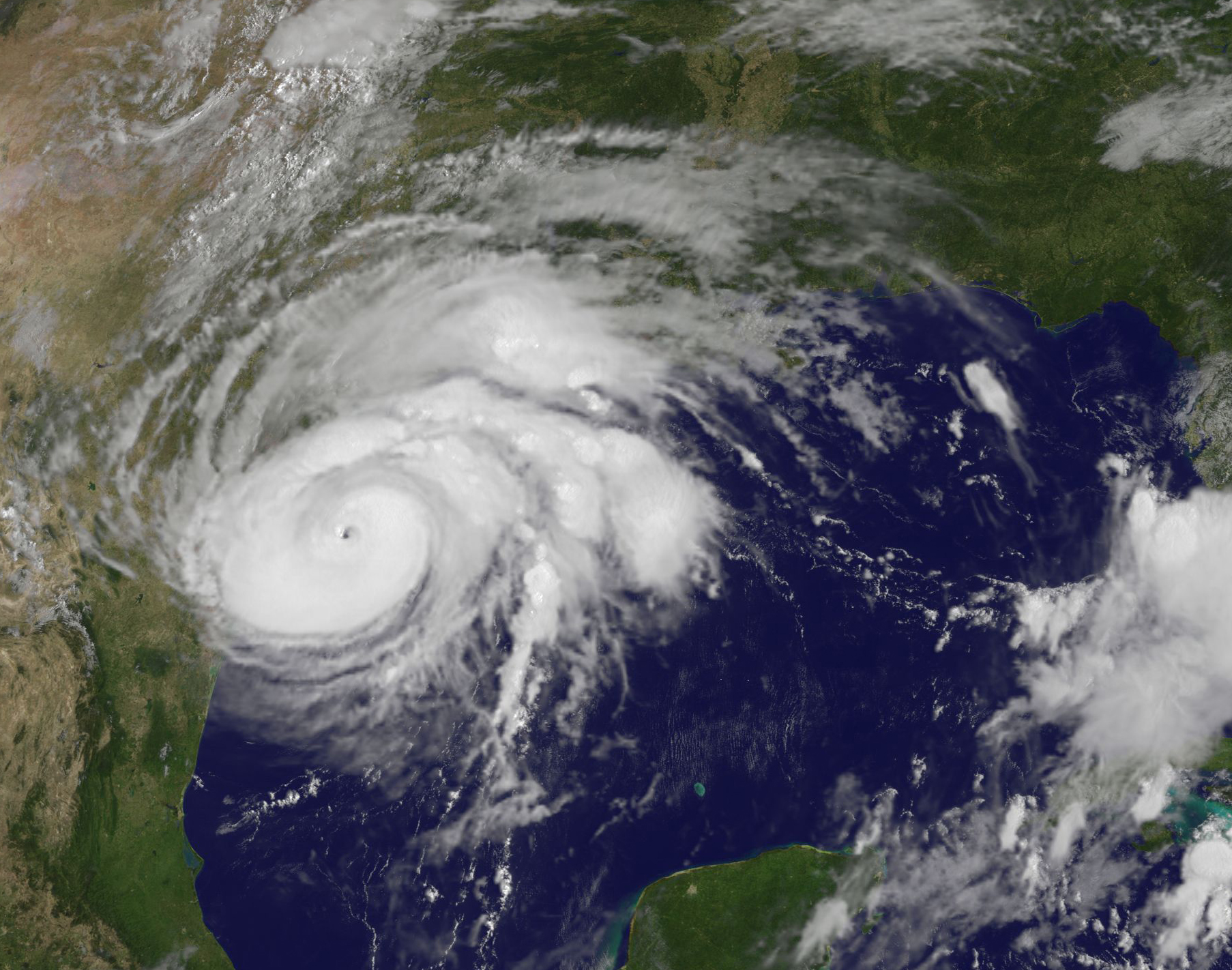
Hurricanes are slowing down – and leaving behind a lot more damage when they make landfall, according to a new study.
The study, published in the journal Nature, found that since 1949, tropical cyclones have decreased their speed by an average of 10% worldwide. The change is even more dramatic in storms that have made landfall from the North Atlantic – they’re moving 20 percent slower.
The result is more rainfall and more damage to buildings as hurricanes hover over population centers for longer periods of time.
“The unprecedented rainfall totals associated with the ‘stall’ of Hurricane Harvey over Texas in 2017 provide a notable example of the relationship between regional rainfall” and hurricane speed, wrote the study’s author, James P. Kossin of the NOAA’s Center for Weather and Climate in Madison, Wisconsin.
Hurricane Harvey lingered over south Texas for more than a week last September, dumping up to 60 inches of rain that left most of Houston underwater and resulted in 93 deaths.
Kossin argues that the slow-down is caused by global warming, which is both increasing rainfall and decreasing wind currents.
Kossin told Nature that a 10% slow-down in storm speed corresponds to a 10% increase in rainfall when a hurricane makes landfall.
More Must-Reads From TIME
- The 100 Most Influential People of 2024
- Coco Gauff Is Playing for Herself Now
- Scenes From Pro-Palestinian Encampments Across U.S. Universities
- 6 Compliments That Land Every Time
- If You're Dating Right Now , You're Brave: Column
- The AI That Could Heal a Divided Internet
- Fallout Is a Brilliant Model for the Future of Video Game Adaptations
- Want Weekly Recs on What to Watch, Read, and More? Sign Up for Worth Your Time
Write to Gina Martinez at gina.martinez@time.com